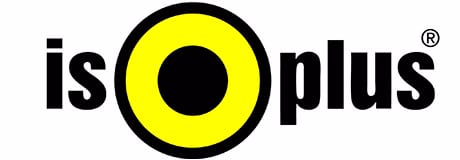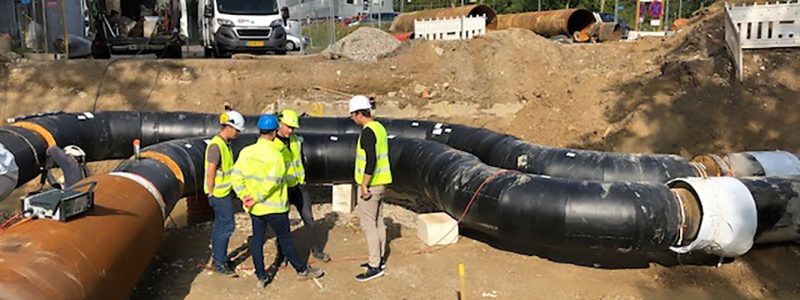Solution provider

Case
District energy
District heating


Add the case to your visit request and let us know that you are interested in visiting Denmark
VEKS is among the more than 50 pipeline owners who will have to reroute their pipelines. Due to the Danish guest principle VEKS must move pipes in their existing piping system to ensure that no operational problems will arise for the utility companies and the light rail. One of the places where VEKS will need to restructure is in the cities Glostrup and Vallensbæk, where isoplus’ part of the project began in June 2019 and is expected to be completed in March 2020.
For the project, isoplus is responsible for the supply of district heating pipes and components, as well as joint and alarm installation on VEKS’ affected district heating lines. The delivery consists of 600 meters of ø323-500/610-900 in series 2. To avoid having to move all existing pipes and to limit possible difficulties for the welding and joint work, two z-bends have been produced. The custom-made z-bends with a length of 5 meters are bent with induction heat from a special supplier and then wrapped and insulated by isoplus.
Also quite noteworthy for this project is the fact that it falls under the Pressure Equipment Directive (PED). District heating is normally not included in the directive, but due to higher temperature and pressure requirements than usual Danish law requires district heating pipelines to follow the directive as well. This means that the project is subject to special requirements for design, manufacturing, monitoring and control. Therefore, all steel products for this particular project, including weld bends and prestressing elements, must be delivered with 3.1 certificate from a PED-approved steel plant.
The main contractor, NCC, has chosen to run this project with LEAN. This brings with it an optimization of all processes and thus ensures NCC to be at the forefront of any challenges. The cooperation has been measured continuously through KPIs. This helps ensure that potential challenges of the project are made visible to all involved parties and acts as an extra support in the process.